FAQ: 2020 Farm Requirements
A detailed FAQ about the Rainforest Alliance 2020 Sustainable Agriculture Standard Farm Requirements.
Home / Business / Certification / Page 34
Certification has had a huge impact in bringing sustainability to the forefront of business thinking, but it must continue to evolve to provide more value to farmers and companies and ensure that people and nature can thrive in harmony.
That's why the Rainforest Alliance launched its new Certification Program, which entered into force in July 2021. The Sustainable Agriculture Standard, along with its assurance and technology systems, are data-powered, and based on the principles of continuous improvement, risk-based assurance, contextualization, and shared responsibility. This is how we can deliver more value to the two million farmers and thousands of businesses that use Rainforest Alliance certification to drive more sustainable agricultural production and responsible supply chains.
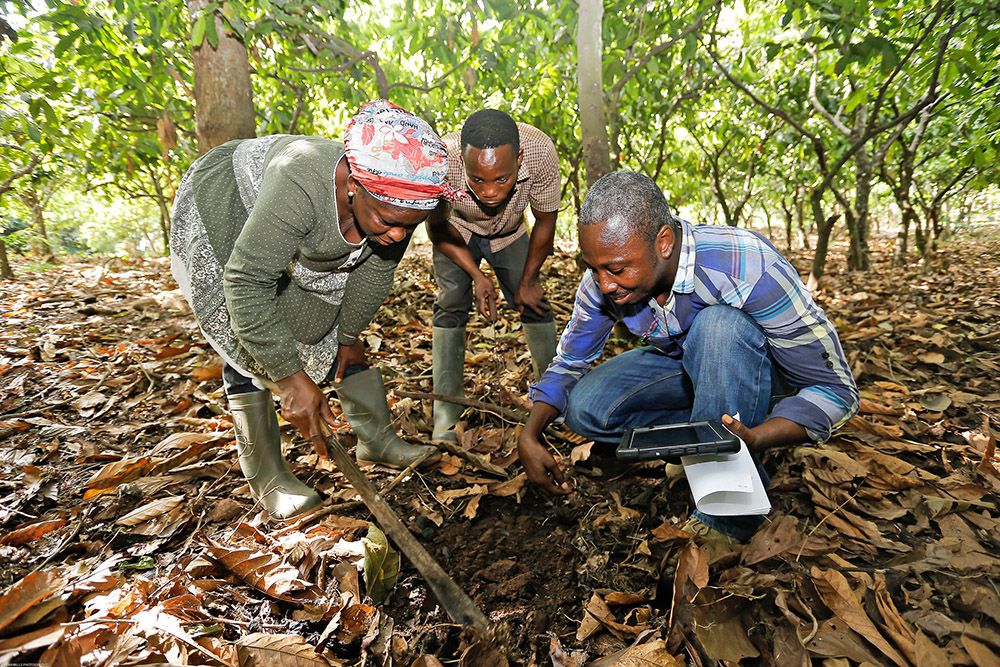
The certification program is part of the Rainforest Alliance’s strategy to drive sustainability at scale in the sectors in which we operate through interconnected interventions supporting certification, tailored supply chain services, landscapes and communities, and advocacy.
Key priorities of our cocoa strategy are assurance, shared responsibility, supply chain transparency, and profitability and resilience.
How we have tailored the implementation and verification of standards requirements on child labor and forced labor to the risk exposure of each farm.
Our shared responsibility approach aims to distribute benefits and costs of certification more evenly between farmers and companies.
Begin your journey of certification with the Rainforest Alliance.
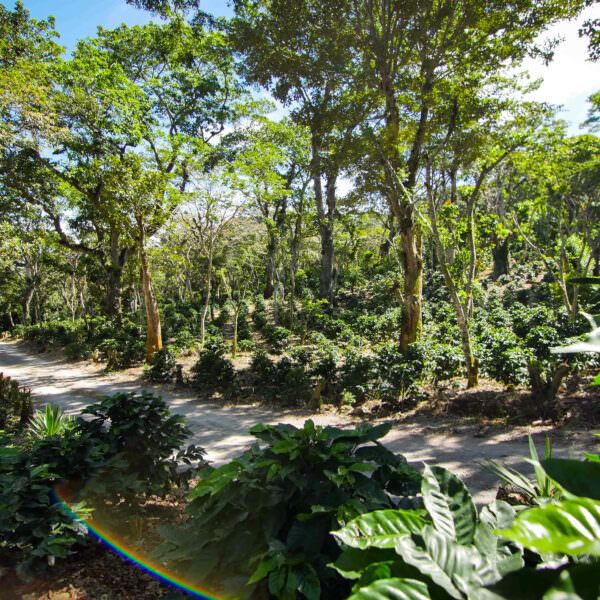
A detailed FAQ about the Rainforest Alliance 2020 Sustainable Agriculture Standard Farm Requirements.
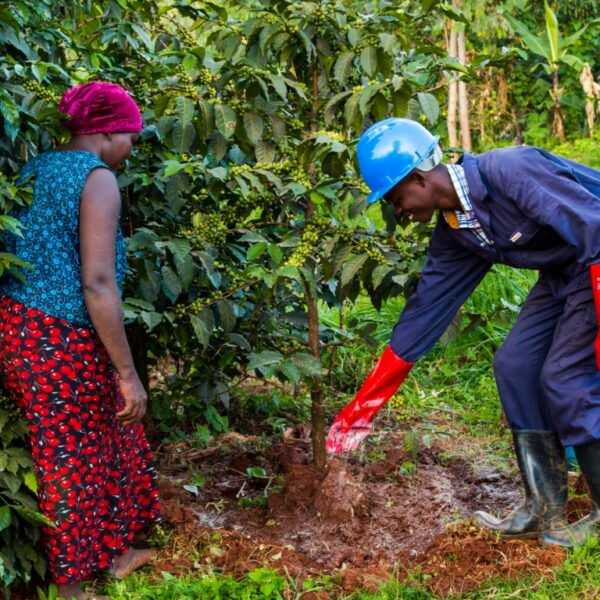
Find out what Ugandan coffee exporter, Kyagalanyi Coffee, had to say about the new program—from the improvements to the challenges.
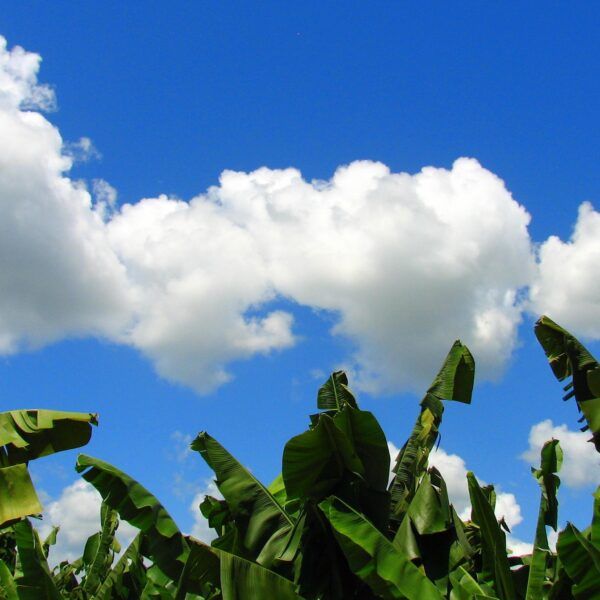
After teaming up for an early implementation pilot of our strengthened certification program, both Finca Esmeralda and the Rainforest Alliance took away learnings that will contribute to a more sustainable banana sector.
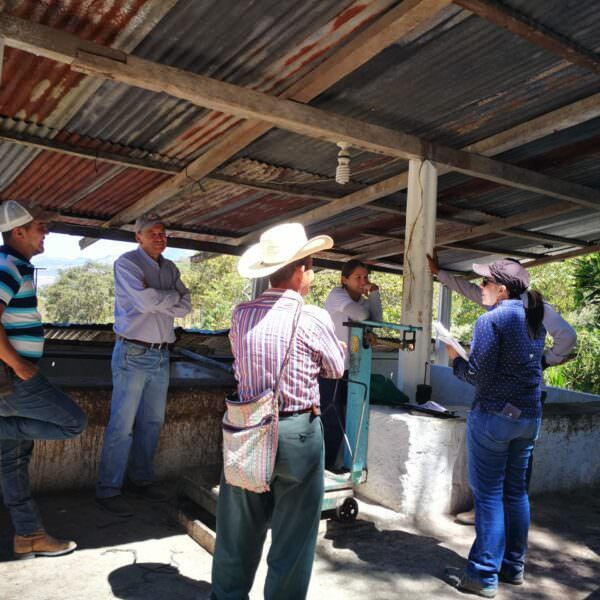
Rainforest Alliance certification is carried out by our authorized certification bodies. Find an authorized certification body in your county.
Treehugger spoke to Ruth Rennie, Rainforest Alliance's director of standards and assurances, for an in-depth look at what the new standard brings to the world of sustainable and ethical agriculture.
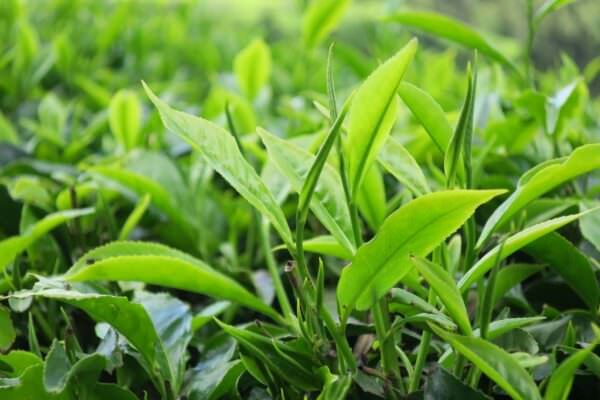
We take these allegations very seriously and condemn any violations of human rights which are shown to take place on Rainforest Alliance Certified operations.... Continue Reading

The Rainforest Alliance and the Union for Ethical BioTrade have developed a new joint Herbs & Spices Program. This decision tree helps farms that have certified herbs, spices, rooibos or other herbal tea ingredients under previous Rainforest Alliance or UTZ programs to identify which standard applies for them under the new program.

The general principles of the Sustainability Differential (SD) and Sustainability Investment (SI) requirements are applicable to all sectors. But as sectors work differently, sector- specific implementation guidance is needed. This document explains how the Sustainability Differential and Sustainability Investment requirements are implemented in the cocoa sector.

The Rainforest Alliance Indicator and monitoring framework for the 2020 Certification Program gives a complete overview of the level one and level two indicators that we use to measure the impact of our work. These indicators are the expression of our Theory of Change.

This diagram presents our organization’s intended outcomes and impacts and describes the mechanisms through which we aim to achieve them. It shows the different and interconnected ways in which the Rainforest Alliance’s 2020 Certification Program components interact to promote change both in the short and in the medium and long term. It illustrates how the […]